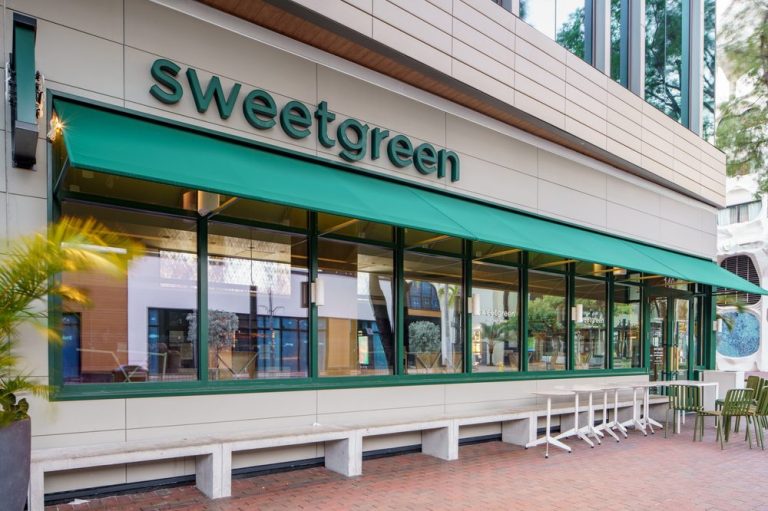Ness Card Looks to Reward Consumers For Living Healthy

Credit card firm Ness has debuted an offering designed to reward users for healthy living.
The Ness Card, announced Wednesday (March 22), is designed to “incentivize living healthy” by offering consumers rewards and benefits with a number of health and wellness brands, including Sweetgreen, Seed Health, Exhale Spa and Glamsquad.
“It’s clear health and wellness is the new lifestyle identity of this generation,” Ness Founder and CEO Derek Flanzraich said in a news release. “With the first Ness Card, we reward and incentivize doing healthy things with more healthy things.”
The card, a Mastercard issued by the Bank of Missouri, has a $349 annual fee and is available now via invite, the company said. The news release touts Ness’ partnership with sweetgreen, a Los Angeles-based, health-focused fast-casual chain.
In this case, it means Ness card members can get a free salad with every fifth purchase, up to twice a month.
Sweetgreen recently relaunched Sweetpass, its own subscription rewards program, which offers customers credits per purchase for a flat monthly fee.
“I think what’s amazing about the subscription is we’re so uniquely positioned to make that work. We have a food that is healthy, that is naturally habitual and very high digital penetration, which gives us a lot of confidence,” said CEO Jonathan Neman.
This is happening as loyalty programs are losing their power, as PYMNTS noted recently, due to “the inflation-related devaluation of restaurant rewards points.”
Chick-Fil-A recently announced it was upping the number of points required for customers to redeem some of the items in its Chick-fil-A One rewards program.
The decision was part of a regular evaluation process that takes into account different market conditions and costs to our business,” Chick-fil-A said, announcing a decision that drew widespread social media backlash.
And Starbucks said in January that it was changing its rewards program to make it more costly to earn a number of popular items (but less costly to collect others).
At the same time, the inflationary pressures leading businesses to devalue rewards programs are also driving consumers to increasingly seek out deals.
For instance, the latest edition of the PYMNTS Consumer Inflation Sentiment report, “Consumer Inflation Sentiment: The False Appeal of Deal-Chasing Consumers,” which used data from a survey of more than 2,100 United States consumers, showed that 67% of grocery shoppers and 71% of retail shoppers say that price and discounts are major factors when it comes to deciding where they’ll shop.